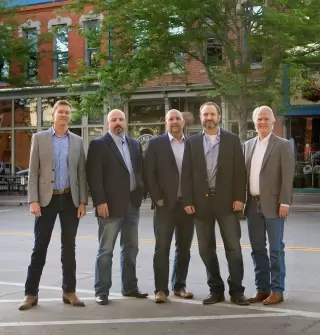When a semi-truck accident occurs, victims often find themselves overwhelmed with questions and uncertainty about their next steps. Whether you've been involved in a truck crash or want to be prepared, understanding your rights and the proper course of action is crucial.
Metier Law Firm Car and Truck Accident Attorneys have created this guide to address some of the most frequently asked questions about commercial truck accidents.
Your safety comes first. After ensuring you're in a safe position, take these essential steps:
- Seek immediate medical attention, even if injuries seem minor
- Document the scene thoroughly with photographs and videos
- Gather information from all parties involved, including the truck driver
- Collect witness statements and contact information
- Report the accident to law enforcement
- Contact your insurance company
- Reach out to an
experienced truck accident lawyer at Metier Law Firm Car and Truck Accident Lawyers
Should I speak to the trucking company's insurance adjuster?
It's advisable to avoid giving statements to the trucking company's insurance

adjusters before consulting with a truck accident attorney. Insurance adjusters may use your statements to minimize your claim or deny liability altogether. Let your truck crash lawyer handle all communications with insurance companies.
Legal Considerations and Timeframes
How long do I have to file a lawsuit after a truck crash?
The statute of limitations varies by state:
-
Colorado: Three years from the date of the accident
-
Wyoming: Four years from the date of the accident
-
Washington: Three years from the date of the accident
-
Oregon: Two years from the date of the accident
-
Nebraska: Four years from the date of the accident
There are exceptions to these statutory deadlines. Don't wait until the deadline approaches. Contact a truck accident lawyer promptly to ensure evidence is preserved and witness memories remain fresh.
Who can be held responsible in a semi-truck accident?
Multiple parties may be liable in a truck accident:
- The truck driver
- The trucking company
- The vehicle owner
- Cargo loading companies
- Vehicle or parts manufacturers
- Maintenance providers
- Government entities responsible for road maintenance
What if the truck driver was an independent contractor?
Even with independent contractors, trucking companies may still be held liable if they were negligent in:
- Hiring practices
- Driver supervision
- Vehicle maintenance
- Safety protocol implementation
- Training procedures
Compensation and Recovery
What types of compensation can I receive after a truck accident?
Potential compensation may include:
- Medical expenses (current and future)
- Lost wages and earning capacity
- Property damage
- Pain and suffering
- Emotional distress
- Rehabilitation costs
- Loss of quality of life
- Wrongful death damages (the state laws determine which family members can recover after a fatal truck accident)
Can I still receive compensation if I was partially at fault?
Most states follow modified comparative negligence rules. You may still recover damages if your fault is less than 50% (or 51% in some states). However, your compensation will be reduced by your percentage of fault. States that Metier Law Firm Car and Truck Attorneys have offices in like
Colorado,
Wyoming,
Washington,
Oregon, and
Nebraska all follow this rule. See the map below to see what the negligence laws are for your state:
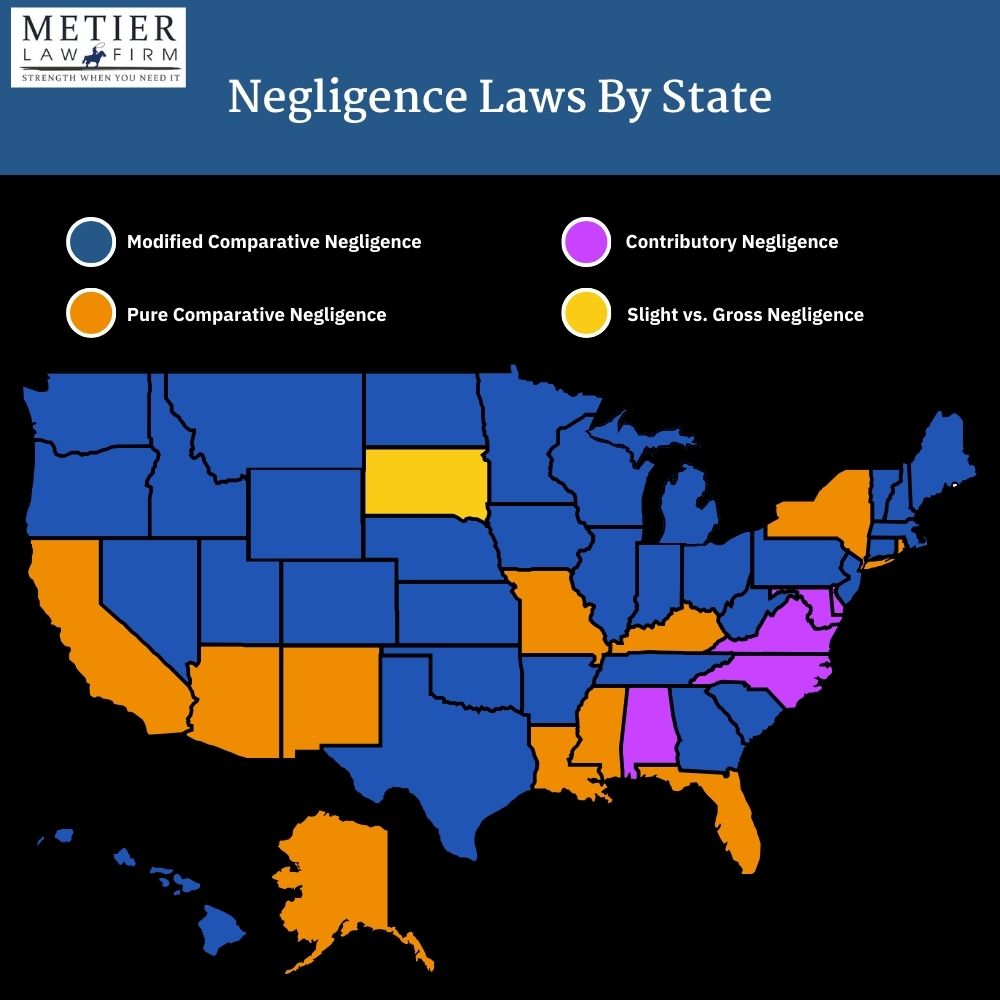
Explaining the different types of fault or negligence:
In the United States, state laws handle negligence claims differently, with most states (45 in total) following some form of comparative negligence principle. Let's break down these different approaches:
The majority of states use one of two main comparative negligence systems:
1. Pure Comparative Negligence (12 states)
This system offers the most flexibility for plaintiffs seeking damages. Even if you're mostly responsible for an accident, you can still receive compensation. For instance, if a court determines you're 80% at fault, you can still recover 20% of your damages from the other party. This approach ensures some compensation is possible regardless of your level of responsibility.
2. Modified Comparative Negligence (33 states)
This more restrictive system sets a threshold for recovery. If you're found to be either 50% or 51% at fault (depending on the specific state), you cannot collect any damages. However, if your responsibility falls below this threshold, you can recover damages, minus your percentage of fault. For example, if you're 40% responsible, you could recover 60% of your damages.
Along with comparative negligence, there are a couple of different types of negligence that a handful of states use to approach fault for accidents:
1. Contributory Negligence (4 states plus D.C.)
Alabama, Maryland, North Carolina, Virginia, and the District of Columbia follow this strict approach. Under this system, if you bear any responsibility for an accident – even just 1% – you cannot recover any damages. This is considered the harshest system for plaintiffs.
2. Special Case: South Dakota's Approach
South Dakota stands alone with its unique "slight versus gross negligence" system. While it operates within the modified comparative negligence framework, it adds an extra layer of analysis. Courts compare the plaintiff's negligence (if any) against the defendant's. If the plaintiff's negligence is deemed "slight" compared to the defendant's "gross" negligence, they can still recover damages. However, if the plaintiff's negligence exceeds what the court considers "slight," they may be barred from recovery.
What if the truck driver claims I was in their blind spot?
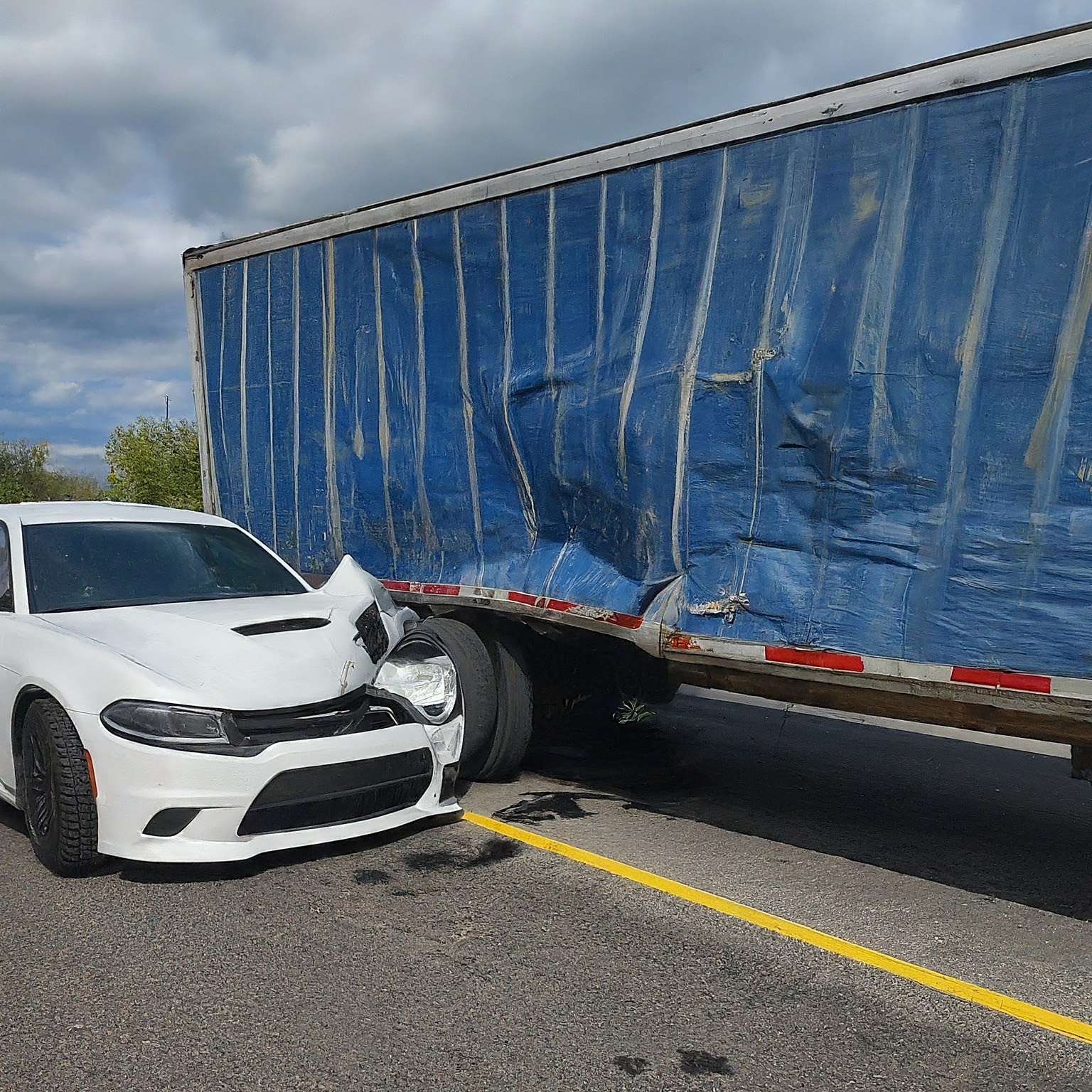
While truck blind spots are significant, truck drivers are trained to manage these blind spots safely. If a truck driver fails to check their blind spots properly before changing lanes or making turns, they may be held liable for any resulting accidents.
Insurance and Claims Process
Should I accept the insurance company's first settlement offer?
No. Initial settlement offers are typically much lower than what your case may be worth. Consult with a
truck crash lawyer from Metier Law Firm before accepting any offers. They can help evaluate your case's true value and negotiate for fair compensation.
What if my insurance doesn't cover all my expenses?
A truck accident attorney can help you explore all available sources of compensation, including:
- The trucking company's insurance
- Third-party liability claims
- Underinsured motorist coverage
- Workers' compensation (if applicable)
- Product liability claims
Workers' Compensation Claims
Can injured truck drivers file for workers' compensation?
Yes. Truck drivers injured while performing job-related duties may be eligible for workers' compensation benefits, regardless of fault. This no-fault system covers:
- Medical expenses
- Rehabilitation costs
- Lost wages
- Disability benefits
Evidence and Documentation
What evidence is important in a truck accident case?
Critical evidence includes:
- Police reports
- Driver logs
- Vehicle maintenance records
- Black box data
- Surveillance footage
- Witness statements
- Medical records
- Photos and videos of the accident scene
- Drug and alcohol test results
- Employment records
How can a truck accident lawyer help preserve evidence?
A truck accident attorney can:
- Send spoliation letters to preserve evidence
- Obtain court orders if necessary
- Hire accident reconstruction experts
- Gather and analyze electronic logging device data
- Collect and review maintenance records
- Interview witnesses promptly
Professional Legal Assistance
Why should I hire a truck accident lawyer?
Commercial truck accidents are complex cases involving multiple parties and various regulations. An experienced truck accident attorney can:
- Investigate the accident thoroughly
- Identify all liable parties
- Handle insurance company negotiations
- Ensure compliance with filing deadlines
- Calculate fair compensation
- Present expert testimony
- Navigate complex legal procedures
- Protect your rights throughout the process
How do I choose the right truck accident attorney?
Look for a lawyer who:
- Specializes in truck accident cases
- Has a proven track record
- Understands federal trucking regulations
- Has experience with insurance companies
- Provides personalized attention
- Offers clear communication
- Works on a contingency fee basis
If you've been involved in a commercial truck accident, don't wait to seek legal
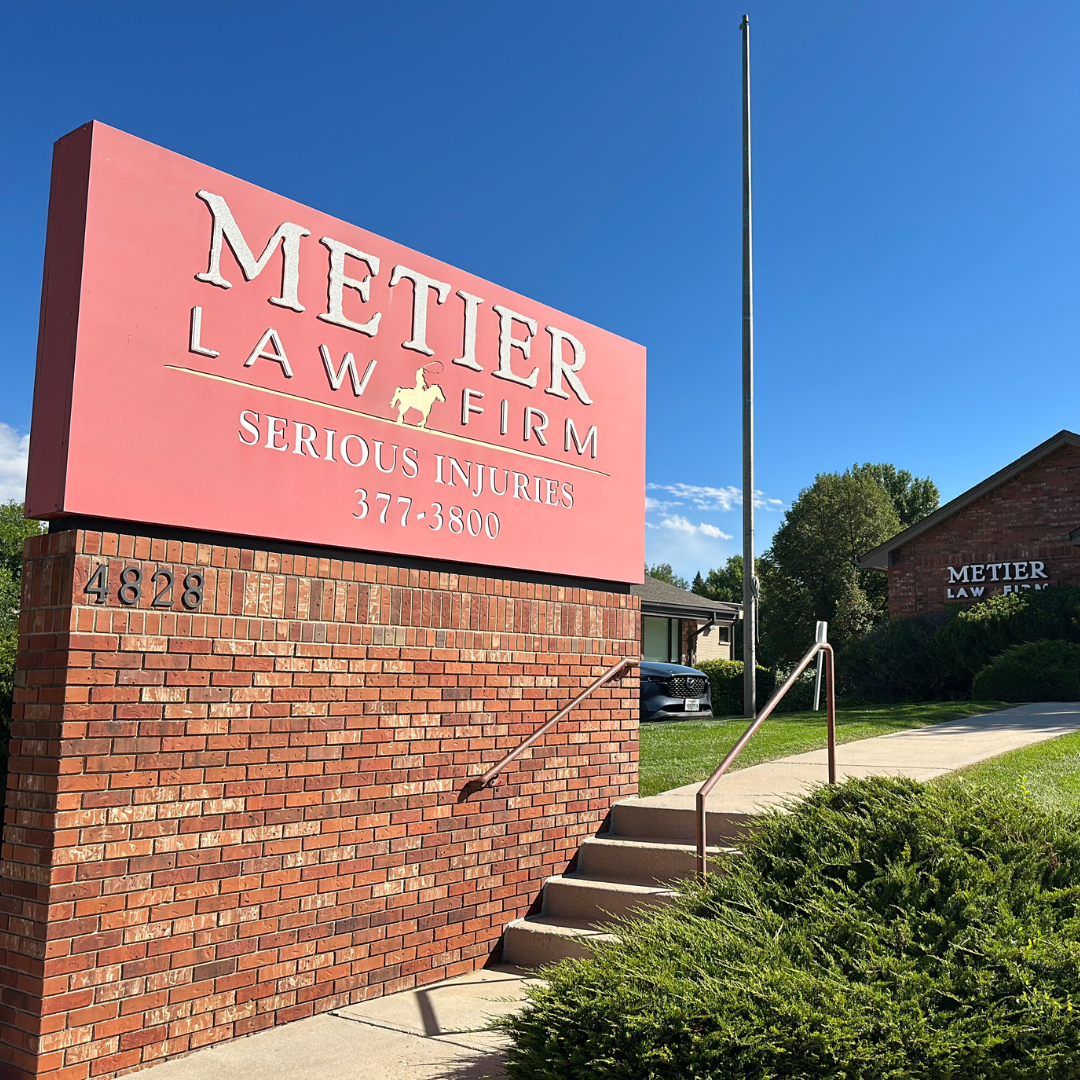
help. Contact the experienced truck accident lawyers at Metier Law Firm Car and Truck Attorneys for a consultation by calling toll free at (866) 377-3800 or filling out our
free consultation on our website at metierlaw.com. Our highly experienced and compassionate team understands the complexities of truck accident cases and will fight to protect your rights and secure the compensation you and your family need.


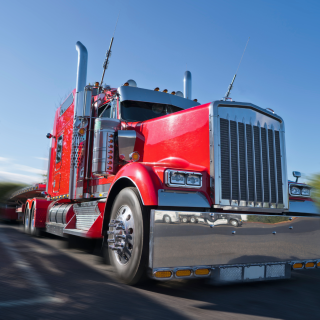
 adjusters before consulting with a truck accident attorney. Insurance adjusters may use your statements to minimize your claim or deny liability altogether. Let your truck crash lawyer handle all communications with insurance companies.
adjusters before consulting with a truck accident attorney. Insurance adjusters may use your statements to minimize your claim or deny liability altogether. Let your truck crash lawyer handle all communications with insurance companies.

 While truck blind spots are significant, truck drivers are trained to manage these blind spots safely. If a truck driver fails to check their blind spots properly before changing lanes or making turns, they may be held liable for any resulting accidents.
While truck blind spots are significant, truck drivers are trained to manage these blind spots safely. If a truck driver fails to check their blind spots properly before changing lanes or making turns, they may be held liable for any resulting accidents.
 help. Contact the experienced truck accident lawyers at Metier Law Firm Car and Truck Attorneys for a consultation by calling toll free at (866) 377-3800 or filling out our free consultation on our website at metierlaw.com. Our highly experienced and compassionate team understands the complexities of truck accident cases and will fight to protect your rights and secure the compensation you and your family need.
help. Contact the experienced truck accident lawyers at Metier Law Firm Car and Truck Attorneys for a consultation by calling toll free at (866) 377-3800 or filling out our free consultation on our website at metierlaw.com. Our highly experienced and compassionate team understands the complexities of truck accident cases and will fight to protect your rights and secure the compensation you and your family need.
